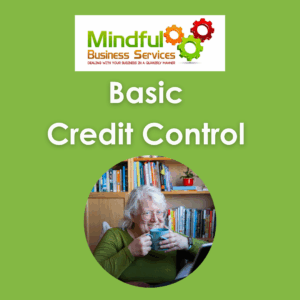If you are addressing a lack of attendance at a gathering or meeting, for example, one reason for the void could be a participant’s confidence in the knowledge that they could bring. It could be that you yourself question the contribution you could make. In this blog, we explore how insider knowledge can impact the functioning of your organisation.
Ask yourself...
Do you take part as often as you can in meetings for church affairs? Are you familiar enough with our church government to contribute to its disciplined processes? Do you consider difficult questions with an informed mind as well as a generous and loving spirit? Are you prepared to let your insights and personal wishes take their place alongside those of others or be set aside as the meeting seeks the right way forward? If you cannot attend, uphold the meeting prayerfully.
Advices & Queries 15 Tweet

Feeling disconnected or excluded?
- what the meeting is about,
- how such meetings happen and how they link with other meetings reported/mentioned at the end of Sunday’s meeting for worship.
- how the various groups interact and intersect with membership
- who has authority over what
- or – having felt uncertain for any of the above reasons, deciding to leave it all to the people who do understand the above.
So, how can trustees, clerking teams etc. ensure that people feel included and are able to find out what they need to know to take part in the business meeting?
Ensuring inclusion
Hearts and Minds Prepared
- Cambridgeshire Area Meeting
- London West Area Meeting
- Central England Business Meeting
- Uxbridge Calendar
Housekeeping
Make sure that the address for the meeting house, and any advice on how to get there is included with your invitation and agenda.
If there will be a shared meal – especially if there will be cake – do mention it to entice people to attend!
Reporting and Familiarity
Consider sending out documents to individuals rather than just to clerks can encourage familiarity, or having the available to download from the website – how that works will vary from meeting to meeting.
To encourage people to learn more about the business method, mention any reports received and give a brief summary of anything you feel might be of interest.
Final thought
What do you do to encourage people to learn about our business practices and attend Meetings for Worship for Business?

Wendrie Heywood
MBS Founder
Would you like to learn more about hosting better meetings?
Check out our NEW online classroom where you can enrol in courses and training to aid your role or improve your knowledge in a variety of charity administration tasks.






